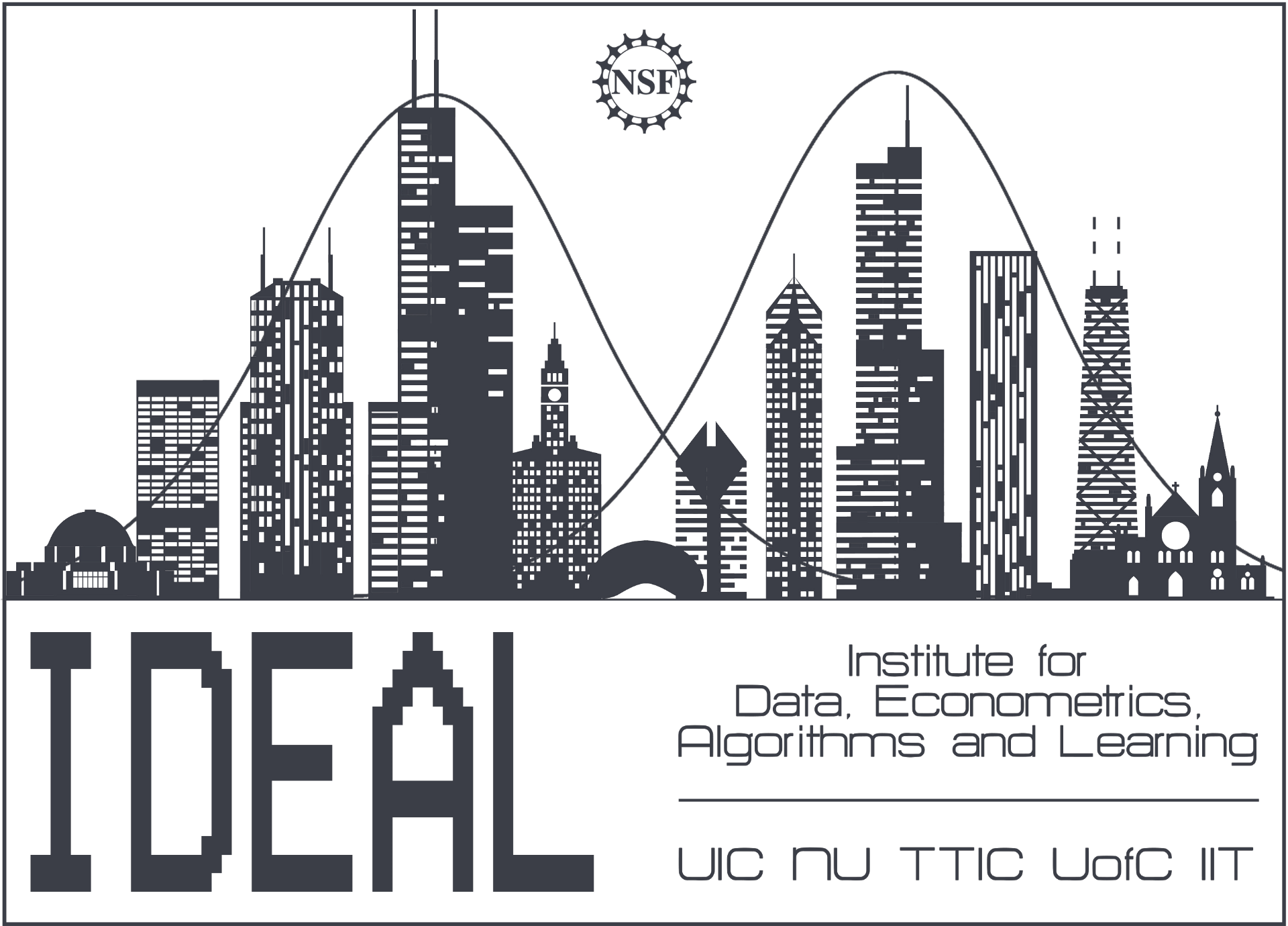Thursday, October 19 – Friday, October 20, 2023
Santa Cruz, California

Synopsis
There is a growing appreciation for the need to understand the ethical and societal implications of AI and algorithmic decision making. Of the many concerns, two of the most basic, fairness and privacy, have taken center stage. Despite potential conflicts, these intertwined principles necessitate joint consideration. For instance, while fairness requires access to sensitive protected attributes, data protection often requires these attributes remain private. The choice of fairness criteria—whether aimed at groups or individuals—also shapes privacy definitions. Although notions like differential privacy are well aligned with notions of individual fairness, they may not align with group fairness. Additionally, recognizing these concepts as social processes with temporal and relational interdependencies is crucial. Handling their complexities in relational contexts requires a unified approach to examine their interplay.
One way to understand this connection is through the lens of causality. Causal reasoning helps us understand how current definitions of fairness and privacy breakdown. By explicitly modeling the causal relationships between variables in data, causal inference helps to identify how sensitive attributes can affect a fair outcome, how information may be inadvertently leaked in released data, or both. In relational domains, it is crucial that these models explicitly represent the relationships between individuals. Further, causal inference with interference, the study of how interventions of interconnected units affect their outcomes, can help us understand dynamic processes in relational, temporal and decision making settings.
While there has been work at the intersections of fairness and causality, privacy and fairness, and there has been work on fairness in graphs and privacy in graphs, there is little work that bridges all four topics. Most research on privacy, fairness and causal inference makes strong independence assumptions about the domain. While powerful, these assumptions often do not hold, especially in relational (e.g., graph structured) domains. This workshop aims to delve into their intersection and explore how they can coexist harmoniously while preserving their individual importance.
The workshop will open with several tutorials that will help ground the discussion, and include invited talks, contributed talks and poster sessions. A goal will be to understand the foundational challenges from computational, statistical and mathematical perspectives. A highlight will be the round tables in which we work to identify research agendas in this area.
This is an NSF TRIPODS Sponsored Workshop organized by the Institute for Foundations of Data Science (IFDS)
and the Institute for Data, Econometrics, Algorithms, and Learning (IDEAL).
Organizers
-
Lise Getoor, UC Santa Cruz
-
Elena Zheleva, University of Illinois Chicago
-
Golnoosh Farnadi, McGill University/University of Montréal/MILA
